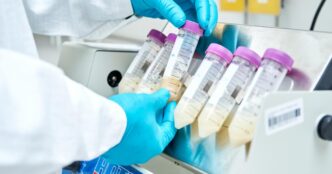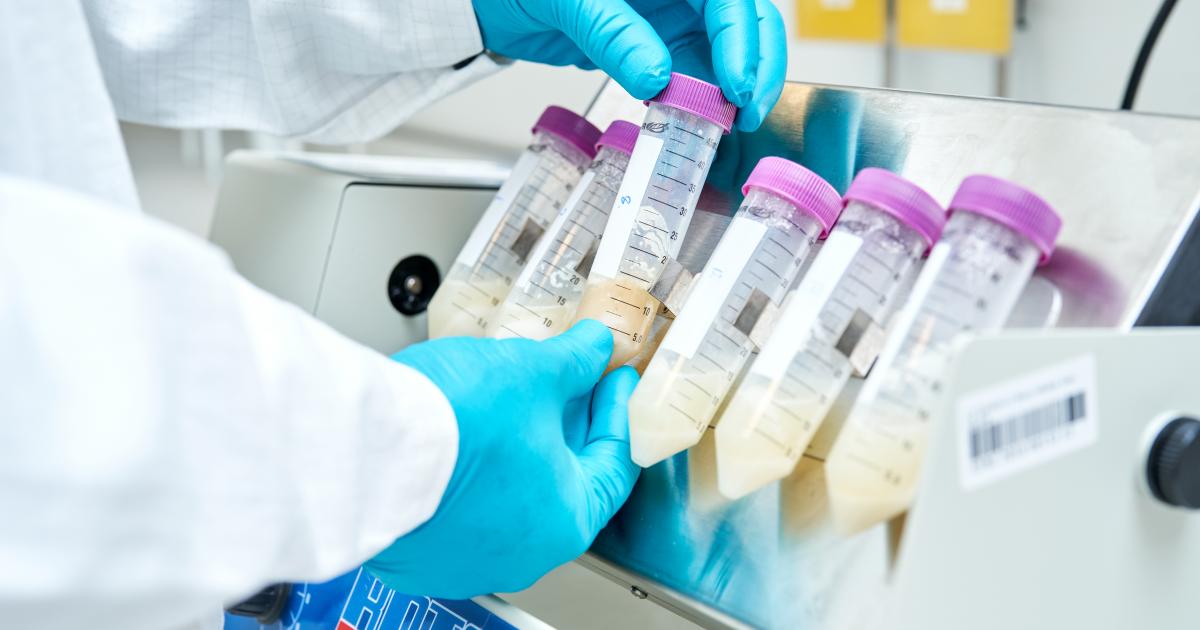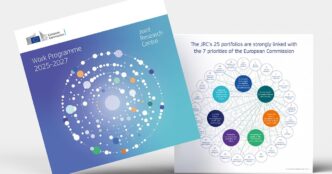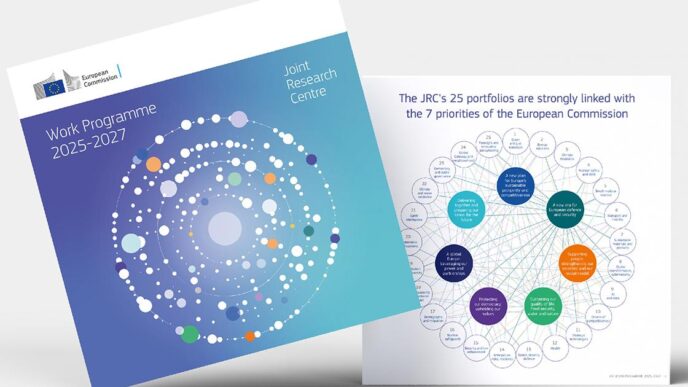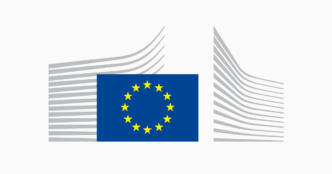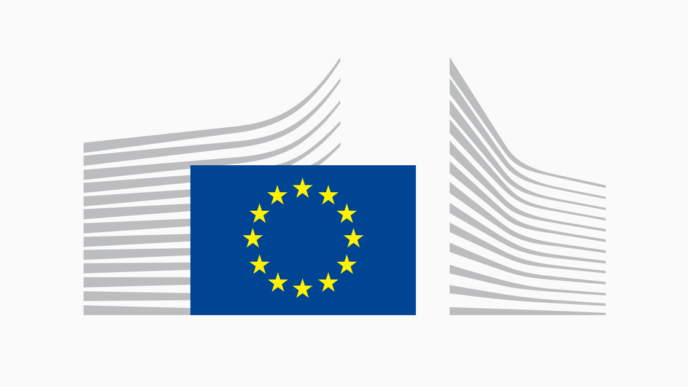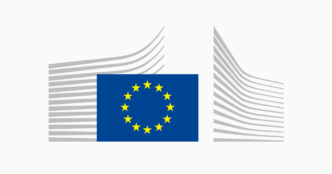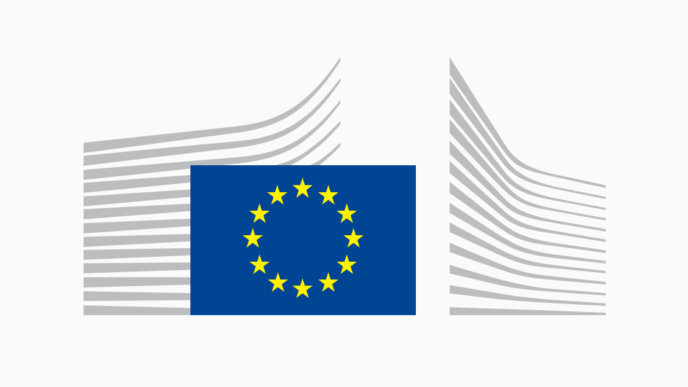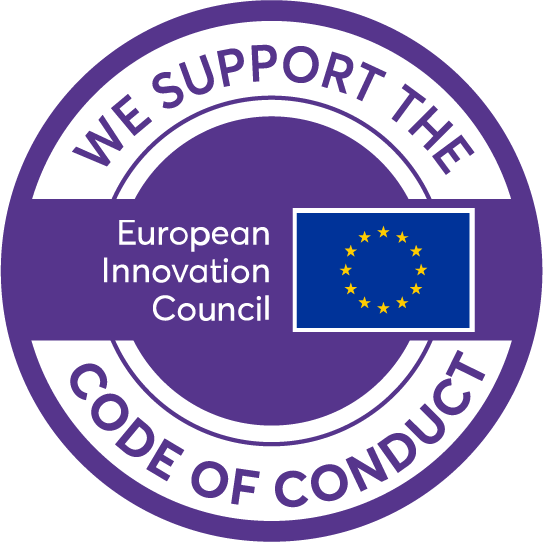The JRC has developed a new certified reference material with universal characteristics to boost accuracy in coeliac disease testing, leading to better diagnosis and treatment for patients.
The challenge of diagnosis
Coeliac disease diagnosis relies on the accurate measurement of biomarkers, such as specific antibodies (called anti-tTG antibodies) found in blood.
Despite available medical laboratory tests, diagnosing and treating this disease remains challenging, due to a lack of harmonisation in test results, both for diagnosis and treatment evaluation.
If the measurements are not comparable between laboratories, it may indeed lead to incorrect diagnoses, misdiagnoses, or delayed diagnoses and/or inadequate patient care.
A new standard for diagnosis
To address this issue, the JRC has released a new certified reference material (CRM) to improve the comparability of medical tests for coeliac disease. It’s a control material used as a standard to calibrate and validate laboratory tests. There was a strong need to establish an international standard for the medical laboratory tests for coeliac disease.
The JRC collaborated with the Medicines and Healthcare products Regulatory Agency in the UK, a World Health Organization (WHO) collaborating centre. A large batch of material was produced, and one part of this batch is recognised as the first WHO international standard for anti-tTG antibodies, while the other part was certified and will be distributed by the JRC as a CRM.
The new material has universal properties that make it widely applicable, regardless of the specific test method, laboratory or location. It is a common reference point across different testing methods, laboratories and countries, which is essential for ensuring accuracy and consistency in coeliac disease diagnosis.
What is coeliac disease?
Coeliac disease is an autoimmune disorder occurring in genetically susceptible individuals when they consume food containing gluten. It triggers an immune response that mainly attacks the cells in the small intestine. This leads to impaired absorption of nutrients, causing a range of health problems.
It affects approximately 1% of the EU population, or around 4.5 million people. The prevalence of this condition is substantial, with many patients remaining undiagnosed or experiencing delayed diagnosis.
Coeliac disease: a key priority for harmonised testing in autoimmune disorders
The ‘Harmonization of Autoimmune Testing Working Group’, affiliated to the International Federation of Clinical Chemistry and Laboratory Medicine (IFCC) has identified coeliac disease as a key priority for harmonisation.
This is why the JRC has taken up the development of appropriate reference materials for the disease, building on decades of experience in producing clinical certified reference materials for a variety of purposes, from standard blood tests to detecting specific autoimmune disorders.
Ensuring safe gluten-free options
Accurate labelling is crucial for individuals with coeliac disease, as the only means of managing this condition is adhering to a strict gluten-free diet. EU legislation allows for a food product containing gluten levels below 20 mg per kg to be labelled gluten-free.
The JRC recently published a study to raise awareness about the potential risks associated with gluten-reduced barley beers that are labelled as gluten-free.
The authors’ findings emphasise the need for further research and collaboration to guarantee consumer safety. The study reveals the challenges in detecting and quantifying gluten in beer, including limitations in current analytical methods and a lack of standardised reference materials.
To address these concerns, JRC scientists recommend conducting in vivo toxicity assessments of the degraded gluten proteins, to develop standardised production strategies, and to create appropriate reference materials for better control and monitoring. This will help ensure that gluten-free beers are safe for consumption by individuals with coeliac disease.
This strategic work forms part of the JRC’s commitment to improving the accuracy and reliability of clinical measurements and supporting the fight against autoimmune disorders, which cumulatively affect 5% to 10% of the European population.
Related content
Certified reference material ERM-DA487_IFCC HUMAN SERUM (anti-tTG lgA and lgG)
Certified Reference Materials catalogue of the JRC
Reference materials for clinical analysis
Barley based gluten free beer – A blessing or an uncontrollable risk?
